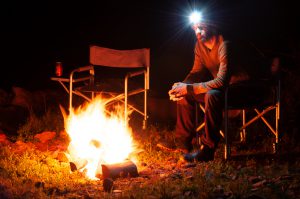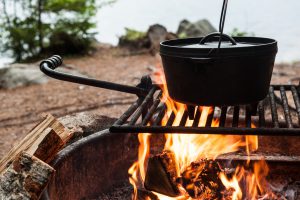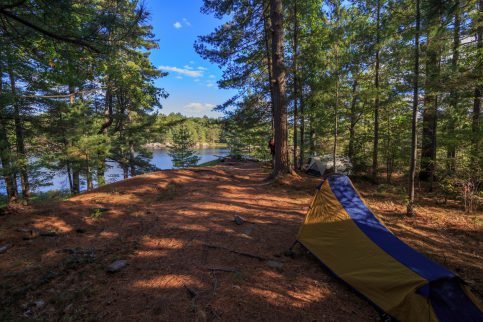by Lori Straus
Whether you go car camping for a weekend of “roughing it out” or you prefer to spend some time in nature because you spend so much time at the office, you still need to prepare. In this blog post, we’ll let you know what you need to pack to help make your car camping trip more enjoyable.
To Pack a Tent or Not to Pack a Tent
That truly is the question. Although car camping means packing everything into your car and driving to a campsite, you can literally camp in your car, too. (This is a little different from overlanding, which is a combination of off-roading, road trips, and camping—usually in remote locations—with a healthy dose of self-reliance.)
A quick search online will show you hundreds of ideas, from how to build a sleeping platform to attaching a tent over your pickup truck bed. If you camp regularly, you’ll likely want a tent. However, if you’re new to car camping, then looking for solutions that will let you use your car as your tent can help you explore this new world without spending thousands of dollars before knowing if you’ll enjoy it.
Get a Good Night’s Sleep
Although some people may be comfortable sleeping on the hard, bumpy ground, many won’t be. Pack the following along for car camping so you can sleep comfortably and be refreshed for your next day of activities.
- Sleeping bags suitable for the weather
- A foam pad or air mattress (and air pump)
- Mosquito nets for your car’s windows so air can flow if you plan to sleep in your vehicle
- Pillows
- Extra socks or camping slippers if you expect nights to be cold
- An LED lantern or headlamp will help you see at night if needed
 Cooking Equipment
Cooking Equipment
Whether you plan to cook over a campfire or use a portable stove, always double-check your campsite’s requirements. Some may not allow a campfire, for example.
Once you know how you’re going to cook, bring along the proper equipment. Whereas you can use a stainless-steel pot with a camping stove, you’ll need cast iron to cook over a campfire. A camping stove will require a power source, whether fuel or electricity, and a campfire will require dry wood and kindle. Plan ahead.
Next, what will you eat on? Your laps? A table? You could even turn your trunk into a make-shift table (ensure your engine is off, of course) by extending a sturdy piece of plywood and anchoring it well in the trunk.
Depending on your experience and the local laws around your campsite, you may try to live off the land. However, for most of us, we need to take food along. Take time to plan your meals for your car camping trip so you’re well-nourished. And don’t forget chairs.
Safety First
Never, ever forget a first-aid kit and a way to contact emergency services. Since you’re likely camping at a site, they will have procedures in place. But if you’re planning day hikes away from your base camp, make sure you know how to reach help: Will you still have a cell phone signal? Or will you need a radio? Flares?
Pack extra chargers and batteries, too, and inspect the batteries of any electrically powered devices you’re bringing with you, e.g., LED lanterns, etc.
And lastly, keep a contact list on paper with you at all times. Even if your phone dies, you may be able to borrow someone else’s or use one at your next break on your hike.
Be Realistic
Although so many photos of serene campsites with crystal-clear night skies entice us out into the wilderness, remember that you are going into the wilderness, even at most campsites. You’ll hear animals at night, won’t have the protection of your apartment or house during a severe thunderstorm, and depending on your location, may come into contact with not-so-friendly wildlife. Plan ahead, know your own comfort needs, and you’ll likely enjoy your car camping vacation more than you imagined.


